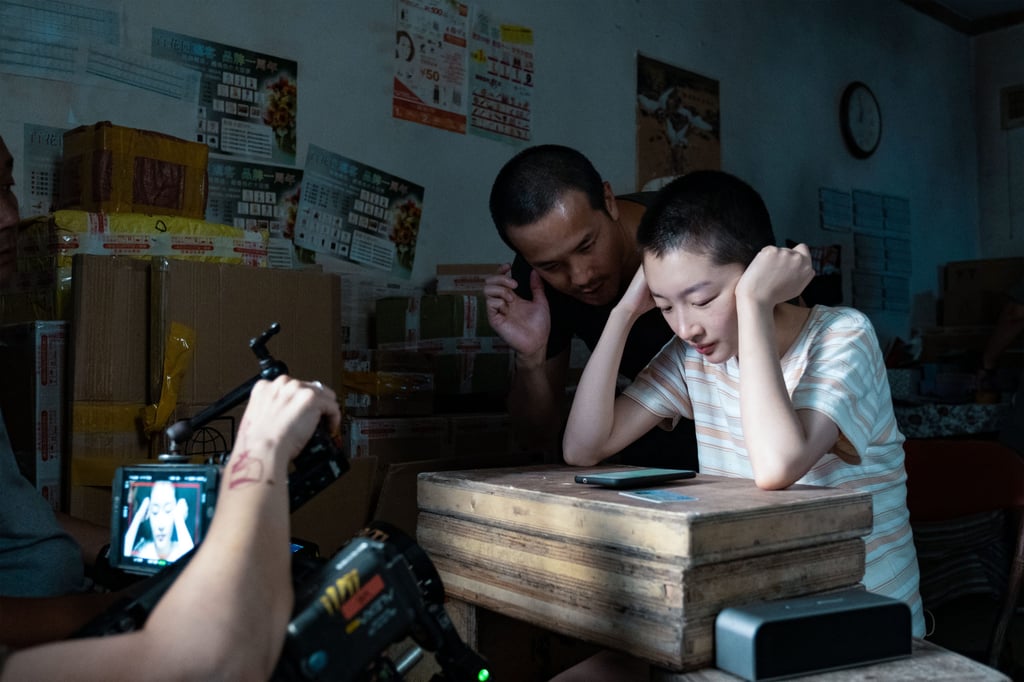Is Hong Kong cinema dead in an era of mainland China co-productions? No, an exciting new generation of local filmmakers says
- Movies like Longman Leung’s Anita and Jimmy Wan’s Zero to Hero are winning over Hong Kong audiences in a way that hasn’t been seen in over a decade
- Socially conscious films by young directors that tackle humanistic topics such as mental illness, poverty and old age are also finding considerable acclaim

Is there a hint of truth to the frequently whispered, though seemingly hyperbolic claim that Hong Kong cinema is dead?
It could also reflect the sense of indifference that a large section of Hong Kong viewers have been feeling towards co-production films made with mainland China as their target audience, as Better Days was. The perceived lack of concern for the city’s own culture and values in many top filmmakers’ works has been openly lamented for over a decade.

The critical and commercial acclaim enjoyed by Better Days did serve to dispel two popular myths: that Hong Kong-China co-productions tend to be artistically compromised products, and that today’s local filmmaking talents pale next to their predecessors from Hong Kong cinema’s so-called Golden Age in the 1980s and ’90s.